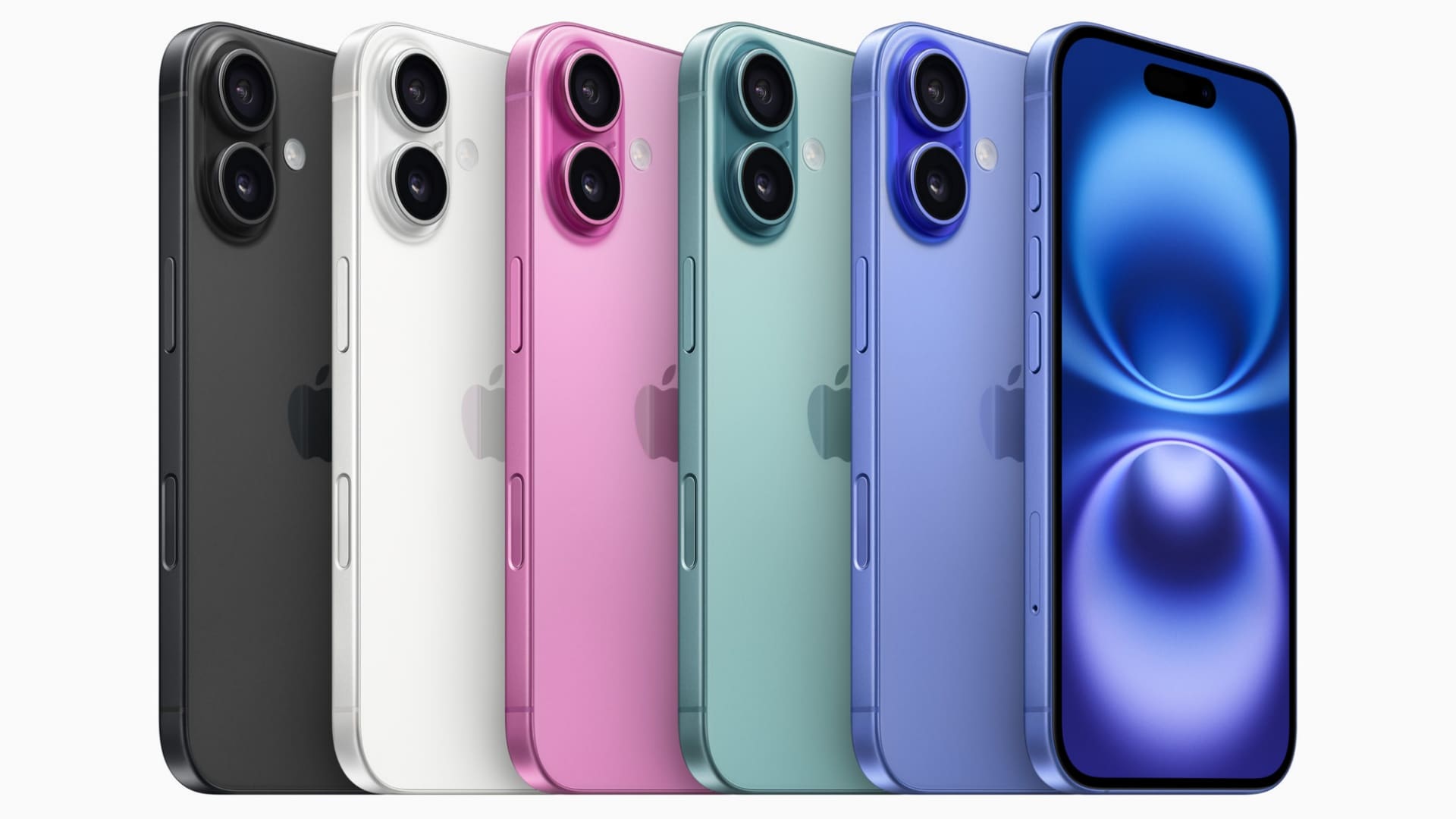- According to analyst Ming-Chi Kuo, sales for the iPhone 16 series on its launch weekend were disappointing compared to sales seen by the iPhone 15 last year.
- On launch weekend, the iPhone 16 series sold 12.7 percent fewer devices than the iPhone 15 series comparatively year-on-year.
- The new device range from Apple sold 37 million units on the opening weekend, with slower sales attributed to the delayed launch of Apple Intelligence.
The Apple strategy of launching a new numbered device series every year may be losing momentum after new supply chain reports disappointing sales for the iPhone 16 series across its first weekend after launch.
According to noted Apple analyst Ming-Chi Kuo via Medium, the entire iPhone 16 series sold 37 million in its first weekend worldwide, about 12.7 percent lower than sales the iPhone 15 series managed a year prior.
“The key factor is the lower-than-expected demand for the iPhone 16 Pro series,” explains Kuo. The lower sales are despite Apple working harder to deliver iPhone 16 devices faster to potential customers, as well as increasing the shipment, perhaps being more optimistic about the new smartphone range.
Interestingly, Indian sales continued strongly, with the iPhone 16 series selling 16 to 20 percent more on launch day than the iPhone 15 in the country, according to Times of India.
Kuo explains that one of the factors, aside from a hefty asking price, for the lower-than-expected demand for the iPhone 16 Pro series is that Apple Intelligence, the company’s generative AI feature suite heavily marketed and involved in the promotion of the devices powered by OpenAI’s models, is not yet available.
Apple Intelligence offers natural language processing similar to ChatGPT, which can compile and summarise emails, generate and edit images, and perhaps the largest improvement – turns Siri into a capable AI assistant with Apple promising users can give Siri instructions like “send the photos from the barbecue on Saturday to Malia,” and Siri will “take care of it,” the company explained in June.
But none of these advanced generative AI features have come to market yet. Apple promises that the features will come to the US first around October, then to English markets like Australia, Canada, New Zealand, South Africa, and the UK only in December.
This is after the Cupertino giant delayed the planned September release date, and the new December window does not count for perhaps Apple’s largest iPhone market – China, where it has lost favour against homegrown stars like Huawei in recent years and where English is not the language of choice.
Despite its poorer performance on its first weekend, compared to the iPhone 15 series, Kuo says that it is still not too late for Apple to turn sales around.
“Apple still has opportunities to improve sales through the release of Apple Intelligence and peak season promotions (year-end holiday season in America and Europe and Double 11 in China). These factors will be key points to watch for changes in iPhone demand,” they add.
“I believe that Apple will implement more aggressive iPhone product strategies in 2025 to stimulate market demand.”

